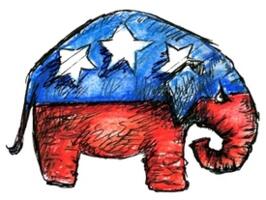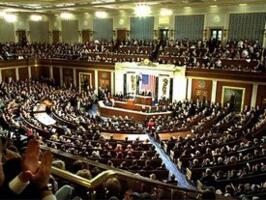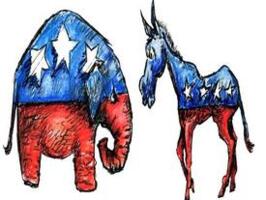Voters See All GOP Hopefuls As Conservative, But Romney, Paul Least So
Voters identify all of the leading Republican presidential contenders as ideological conservatives but see Mitt Romney and Ron Paul, the leaders in polls going into today’s Iowa Caucuses, as the least conservative of the group.
The latest Rasmussen Reports national telephone survey finds that 56% of Likely U.S. Voters regard Romney as at least somewhat conservative, including 14% who say he’s Very Conservative. Twenty-six percent (26%) say Romney’s a moderate. Only nine percent (9%) think the former Massachusetts governor is somewhat or very liberal, and another nine percent (9%) aren’t sure. (To see survey question wording, click here.)














